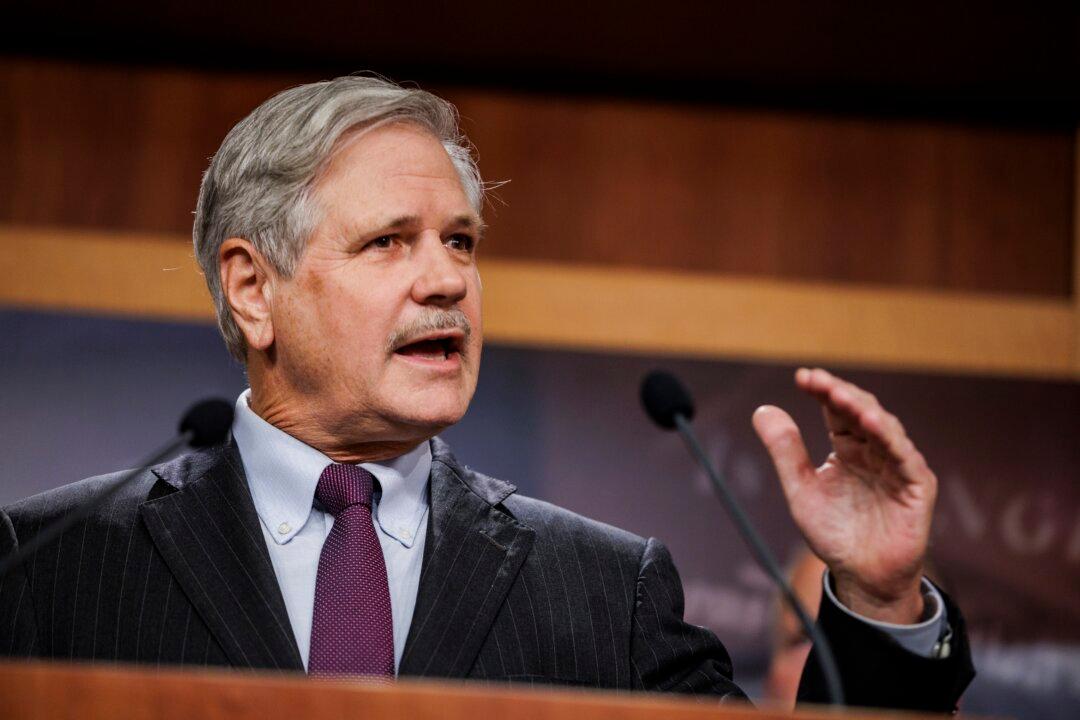Sen. John Hoeven (R-N.D.) will face a primary challenge in the upcoming election after running unopposed in 2016.
North Dakota Rep. Rick Becker, 57, said in the video announcing his bid for Hoeven’s senate seat that he’s a conservative Republican who has helped approve laws protecting unborn babies, lowering taxes, and reforming the criminal justice system. Without mentioning his opponent, Becker said he’s “an outspoken critic of do-nothing politicians in the legislature and the Republican Party, especially over the runaway spending during the last decade both in North Dakota and in Washington.”





